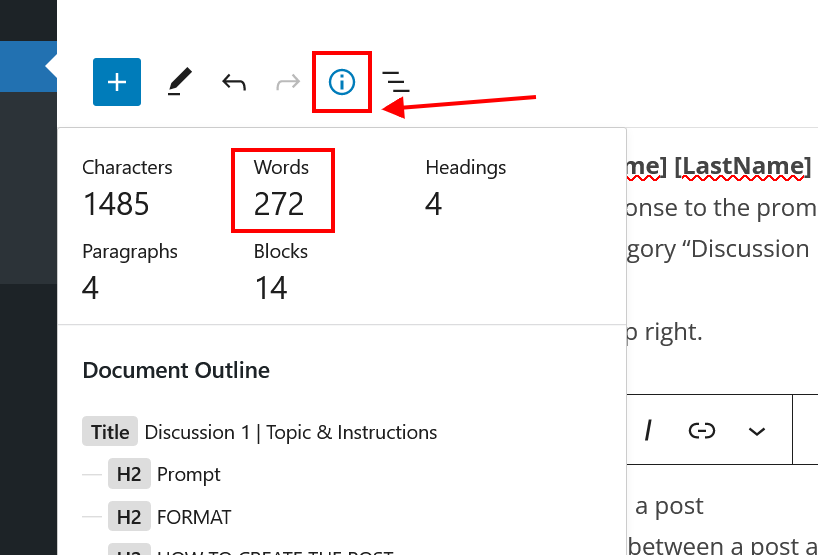Category Archives: Discussion 9
Eromidayo Olayiwola (Harmony)
Prof. Hollis Glaser
GWS 100-1300
Discussion 9
What do you understand the liberated woman to be?
“The Politics of Housework” An interesting article on human rights, focuses on achieving equality for women and their daily lives. My understanding of liberated women is that they are a particular type of woman who has noticed how much men detest housework, refused to acknowledge it as a job, felt less concerned about it, and thus turned it into a commodity. These are important elements that have a significant impact on many women’s lives, and I see nothing wrong with their choices based on personal preferences. Men would become aware of the oppression that women face both at home and in society at large. Regardless of how it is viewed, these are intelligent women who understand that men have not been raised to perform domestic duties, which makes it difficult to require men to do so to achieve equality and make men pay for it because they don’t value it. It demonstrates the disparity between men and women when it comes to caring for the home and raising children, and how men’s dominance at all levels led to women’s liberation and Liberated women.
How might the liberated woman be important for women’s liberation?
A crucial component of women’s suffrage and liberation is the monetization of domestic labor, child care, and wifely responsibilities. While the women’s liberation movement believes that men must be responsible and fully aware of their privilege and oppression, the demonstration of the liberated women illustrates how challenging it is to implement equality at home thereby making their spouse pay. Women’s liberation advocates believe that democracy should start at home, where both spouses have jobs, raise children, and take turns taking care of the house, all without gender-based discrimination or oppression. The concept of the liberated woman does not accurately reflect the reality of women; instead, it increases their suffering in marriages where both partners are employed. Additionally, Minardi clearly stated that all men needed to be psychologically aware of their oppression and refrain from glorifying or desiring the oppressor’s approval simply because they were in positions of power. (pg. 4). Women’s liberation is more concerned with how women are oppressed and discriminated against there by promoting equality at all levels without intimidation.
How do these pieces show that “the personal is political”?
Issues that are perceived as “personal” should be recognized as political issues that need to be addressed. Reading Bell Hooks’ “feminist Politics” sheds light on how feminist theory developed among women based on their unique experiences and how it differs for women in a patriarchal society where women are expected to please men. Bell Hooks goes on to talk about her own experiences growing up as a young black girl and how gender views made her feel limited in her family. The “The Politics of Housework” highlight the uniqueness and differences between them in the fight for equality, utilizing both personal experiences and various approaches that are relevant to them given that policymaking is largely male-dominated and prioritizes men over women. Both articles show that the “personal is political” using their personal experiences to shape society’s voice in the area women are oppressed. The “Politics of Housework” served as an example of political activism in the sense of efforts to effect social change while utilizing various techniques and abilities based on their individual experiences (pg. 3). On the other hand, “The Myth of the Vaginal Orgasm” describes how living in a male-dominated society that has not attempted to transform women’s roles but instead continues to oppress women down to the vaginal level, claiming that organism failure is caused by frigidity and advising women with frigidity to seek psychiatric care. Freud created this myth to appease men. Considering that a man finds the vagina to be very appealing. The clitoris, not the vagina itself, is the location of sexual sensitivity in a woman’s body. in worry that women might seek sex with other women as lovers knowing that the heterosexual organization would be impacted by the acknowledgment of clitoral orgasm.
Discussion 9 | Topic & Instructions
This week you read two pieces that were written in 1970. In “The Politics of Housework” Pat Mainardi makes a distinction between the Liberated Woman and Women’s Liberation. In “The Myth of the Vaginal Orgasm” Anne Koedt calls for a reexamination of women’s sexual pleasure. (Note: these pieces were written in 1970, and “women” means “cisgender heterosexual women” in this context.)
- What do you understand the liberated woman to be?
- How might the liberated woman be important for women’s liberation?
- How do these pieces show that “the personal is political”?
Format Requirements
- Due: Wednesday March 22, 11:59 pm.
- Written in complete, well-formed sentences & carefully proofread
- Engaged with the assigned text by explicitly referring to and/or citing them
- 400-600 words. Longer, but not shorter, posts are fine. To view your word count, click the info symbol at the top of the post draft!

How to Create the Post
- 1) Click on the black plus sign in a white circle at the very top of the site (in the black bar) to start the post draft:

- 2) In the title box, type the title “[FirstName] [LastName] Discussion 9“.
- 3) In the body of the post, type your response to the prompt.
- 4) On the right side, choose the post category “Discussion 9.” Your post will not publish without a category.
- 5) Click the blue Publish button on the top right.
More Help:
- Here is a video tutorial on how to publish a post.
- If you want to understand the difference between a post and a comment, see this help document.